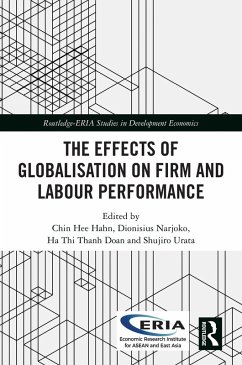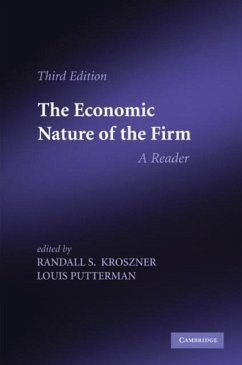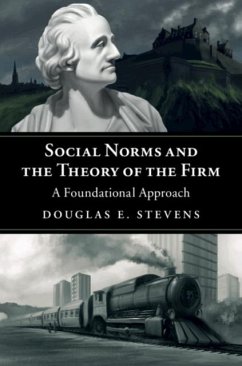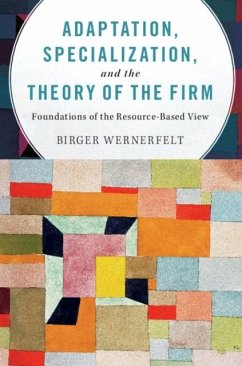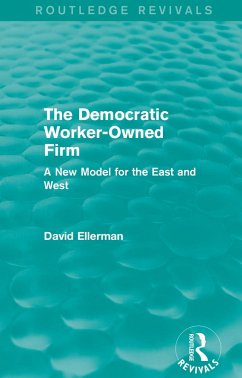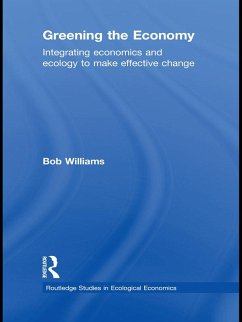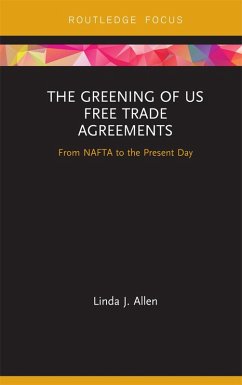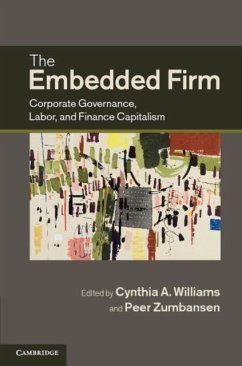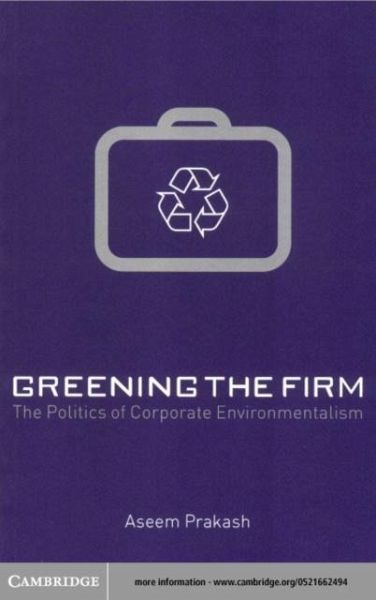
Greening the Firm (eBook, PDF)
The Politics of Corporate Environmentalism
Versandkostenfrei!
Sofort per Download lieferbar
32,95 €
inkl. MwSt.
Weitere Ausgaben:

PAYBACK Punkte
16 °P sammeln!
Over the last two decades environmental issues have become important in public and business policy. This book asks why firms sometimes voluntarily adopt environmental policies which go beyond legal requirements. It employs a new-institutionalist perspective, and argues that existing explanations, especially from neoclassical economics, concentrate on external factors at the expense of internal dynamics. Prakash argues that 'beyond-compliance' policies are due to two types of intra-firm processes, which he describes as power- and leadership-based. His argument is supported by analysis of ten ca...
Over the last two decades environmental issues have become important in public and business policy. This book asks why firms sometimes voluntarily adopt environmental policies which go beyond legal requirements. It employs a new-institutionalist perspective, and argues that existing explanations, especially from neoclassical economics, concentrate on external factors at the expense of internal dynamics. Prakash argues that 'beyond-compliance' policies are due to two types of intra-firm processes, which he describes as power- and leadership-based. His argument is supported by analysis of ten cases within two firms - Baxter International Inc. and Eli Lilly and Company - including interviews with managers, and access to meetings and documents. This book therefore examines the internal working of firms' environmental policy in a theoretically rigorous way, providing a significant contribution to the theory of the firm. It will be valuable for students of business and environmental studies, as well as political economy and public policy.
Dieser Download kann aus rechtlichen Gründen nur mit Rechnungsadresse in A, B, BG, CY, CZ, D, DK, EW, E, FIN, F, GR, HR, H, IRL, I, LT, L, LR, M, NL, PL, P, R, S, SLO, SK ausgeliefert werden.




